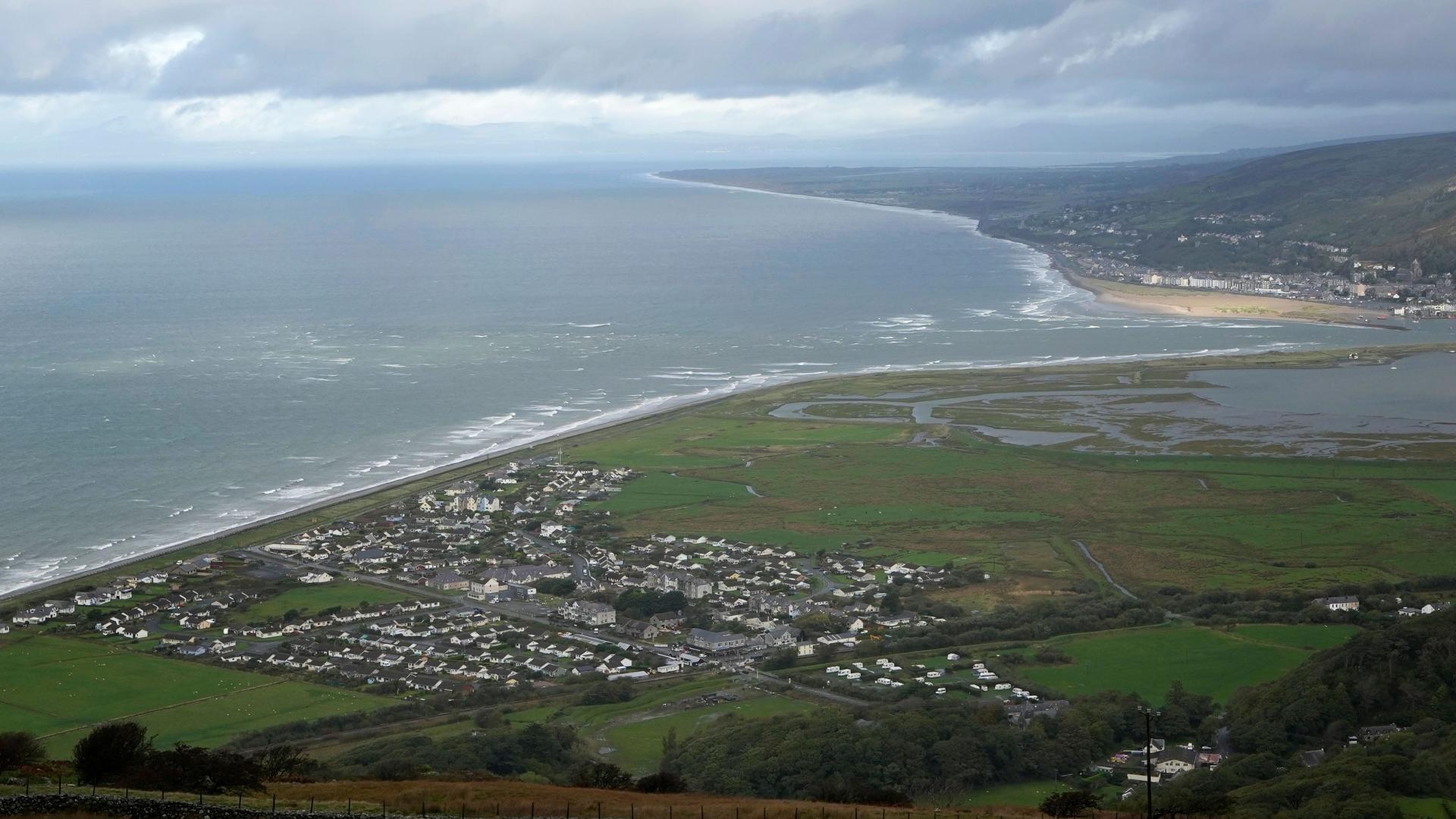Since Russia invaded Ukraine on Feb. 24, neighboring countries have mobilized to welcome Ukrainian refugees, offering safety and protection. The outpouring of aid for Ukraine stands in stark contrast, however, to the treatment that refugees from other countries have received.
Kayly Ober, program manager for climate displacement at Refugees International, says this lack of support is rooted in racism.
Related: As Canada prioritizes expedited resettlement for Ukrainians, at-risk Afghans remain trapped abroad
“We can see outright that, although neighboring countries like Poland and other EU countries have made exceptions for Ukrainians crossing into their borders — offered them protection, offered them the means and ability to live and work in those countries, with open arms — different types of refugees crossing, even in the midst of Ukraine conflict, like Africans living in Ukraine, haven’t received the same sorts of extended protection,” Ober says.
More broadly, she adds, refugee crises are unfolding all over the world, to a large degree in countries whose citizens are not white Europeans. Some of these crises are climate related, while others are conflicted related. Yet, the world’s response to these refugees has “definitely not been as united, as swift, or emphatic as it has to the Ukrainian crisis,” Ober says.
In 2015 and 2016, millions of Syrians tried to flee to the EU, seeking out safety and protection, and, in many instances, they were pushed back or left to live in precarious conditions, Ober notes.
“On the very same borders that are accepting Ukrainians with open arms, those [other] refugees are languishing at the borders and being pushed back because of the very racist nature of immigration policies in these countries.”
“On the very same borders that are accepting Ukrainians with open arms, those [other] refugees are languishing at the borders and being pushed back because of the very racist nature of immigration policies in these countries,” she explains. “So you can’t disentangle the way in which these countries are offering support from the racist underpinnings with which they offer it.”
And the refugee crisis is likely to worsen considerably in the coming years due to climate change.
A recent report from the World Bank found that if climate change continues on its current trajectory, over 200 million climate refugees could be displaced worldwide by the year 2050. Many of these refugees will be from states already dealing with violence, conflict or ethnic strife, and a large proportion of them will be non-white.
Related: Climate migration has begun, and it’s only getting worse, expert says
“There’s often an overlapping set of factors when it comes to people who are facing displacement crises or are on the brink of facing displacement crises, including conflict and climate change,” Ober says.
There is an important difference between climate-related displacement and conflict-related displacement, Ober notes. With climate-related displacement, the world has “the luxury of planning.”
“[W]e really can figure out different sorts of vulnerabilities or risks we need to mitigate in order to allow people to stay in places where they’re from, first and foremost.”
“We can pinpoint hotspots, we can understand the ways in which climate change may play out on the ground,” she explains. “And so we really can figure out different sorts of vulnerabilities or risks we need to mitigate in order to allow people to stay in places where they’re from, first and foremost. So that’s what we should be doing.”
The World Bank’s Groundswell Report estimates that mitigating the effects of climate change by rapidly reducing greenhouse gas emissions could cut by 50% to 80% the number of people projected to move from their home countries by 2050.
The world can also invest in various types of climate change adaptation, such as improving access to climate resistant crops and better forms of irrigation technology, Ober says. These things could help ensure that people can stay in their home villages or nations, instead of leaving for cities or other countries.
Related: Climate change is the overlooked driver of Central American migration
The UN Refugee Convention, created in 1951, does not currently provide protections for refugees fleeing climate change, as it does for people fleeing conflict or persecution. There has been, however, a new effort to explore expanding the interpretation of “persecution” under the convention, Ober says.
“So, for example, could you say that, in the face of climate change — say, there’s a devastating flood that hits your village, it washes away your home and washes away the village — you ask the government to help you and the government purposely does not offer you aid and support because you’re a particular social group,” Ober says. “Do you then qualify for refugee status based on the grounds of persecution in the context of climate change?”
Related: UN asylum case opens the door to protections for climate refugees
The US is also examining this issue. In February of last year, the White House requested a first-of-its-kind report on climate change and migration. That report, which came out in October 2021, lays out ways in which the administration plans to think about the looming refugee crisis.
“It’s a very exploratory paper,” Ober explains. “But what it does is establish an interagency working group that’s supposed to tackle some of these thorny issues.”
“[B]y and large, the Biden administration wants more than anything else to tackle what they call the root causes of migration,” Ober continues.
“So, invest in climate change adaptation and resilience to ensure that people will stay in the countries that they’re from. Now, if that’s coming from a benevolent side or not is still a question, but [they’re] certainly thinking about this issue in a way they’ve never thought about it before.”
This article is based on an interview by Bobby Bascomb that aired on Living on Earth from PRX.
